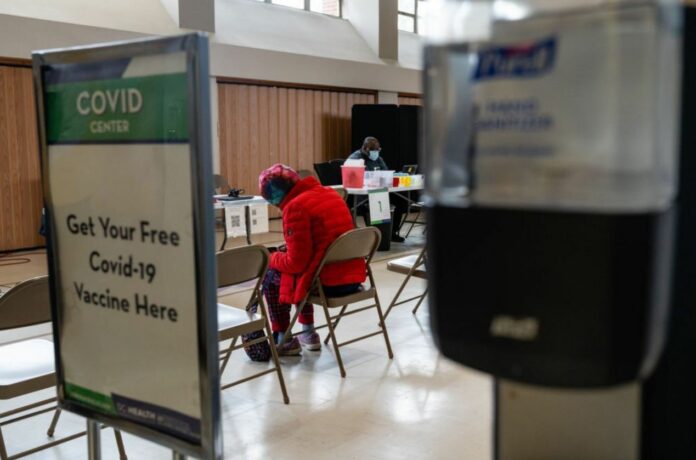A new study published today revealed that individuals who were exposed to elevated levels of air pollution prior to the pandemic exhibited diminished antibody responses to COVID-19 vaccines.
A recent study conducted by the Barcelona Institute for Global Health (ISGlobal), with the collaboration of the Germans Trias i Pujol Research Institute (IGTP), suggests that individuals who were exposed to elevated levels of air pollution prior to the COVID-19 outbreak exhibited weakened antibody responses to vaccines against the virus. The research was supported by the esteemed “la Caixa” Foundation.
Particularly, among patients who had never been infected before, exposure to fine particulate matter (PM2.5), nitrogen dioxide (NO2), and blank carbon (BC) was linked to a 10% drop in IgM and IgG antibody responses. The research results, which were reported in Environmental Health Perspectives, provide further proof of the damaging consequences of air pollution on the immune system.
Lung cancer, cardiovascular and respiratory diseases, and diabetes have all been linked to air pollution’s detrimental effects on health. ISGlobal researcher Manolis Kogevinas and his team recently found a link between being exposed to air pollution before the pandemic and having a higher chance of getting a severe case of COVID-19.
As air pollution has been demonstrated to alter immunological responses, Kogevinas and colleagues set out to see whether it also affects antibody responses to COVID-19 vaccinations.
“The answer, in a nutshell, is yes.”
In the summer of 2020, immediately after the first lockdown, and in the spring of 2021, 927 members of the GCAT Genomes for Life cohort (aged 40 to 65) who completed questionnaires and provided blood samples underwent data analysis (after the start of COVID-19 vaccination).
Every single one of them had either one or two doses of the primary COVID-19 vaccinations that were given out in Spain (made by AstraZeneca, Pfizer or Moderna). Five viral antigens were used to measure IgM, IgG, and IgA antibodies (three of them on the Spike protein contained in the vaccine).
Based on where each participant lived before the pandemic, their exposure to fine particulate matter (PM2.5), black carbon (BC), nitrogen dioxide (NO2), and ozone (O3) was estimated.
According to the findings, pre-pandemic exposure to PM2.5, NO2, and BC was linked to a 5%–10% decrease in vaccine–induced Spike antibodies in healthy persons. Both early IgM responses and late responses evaluated by IgG demonstrated a reduction in antibodies. Lower IgG levels remained for many months following immunization, and the IgG response to the initial dose peaked later among those exposed to greater levels of air pollution. The results for all three vaccines were the same.
“Air pollution can induce chronic inflammation,” adds co-senior author Carlota Dobaño, “which has been associated with a negative effect on vaccine efficacy,”
These results “are consistent with evidence that persistent organic pollutants reduce vaccine responses in children.”
People who have had infections before tend to respond better to vaccines, which could explain why the effect of pollutants was only seen in people who had never had an infection before. Nevertheless, the authors caution that further research is needed to fully understand how long-term exposure to air pollution affects hybrid immunity (infection plus vaccination).
The research did not examine whether the decrease in antibody responses led to an increase in the frequency and severity of recurrent infections.
“However, our findings add to growing body of evidence on the adverse effects of air pollution even at the relatively low levels observed in Western Europe. They also call for stricter air pollution limits, as recommended by the WHO,” points out Tonne.
This research is a part of COVICAT (COVID Cohort in Catalonia), an inter-institutional initiative that ISGlobal and IGTP collaborated on to examine the COVID-19 pandemic’s health effects on the Catalan population. COVICAT is now in its third follow-up edition.
Source: 10.1289/EHP11989
Image Credit: Eric Lee via Getty Images
